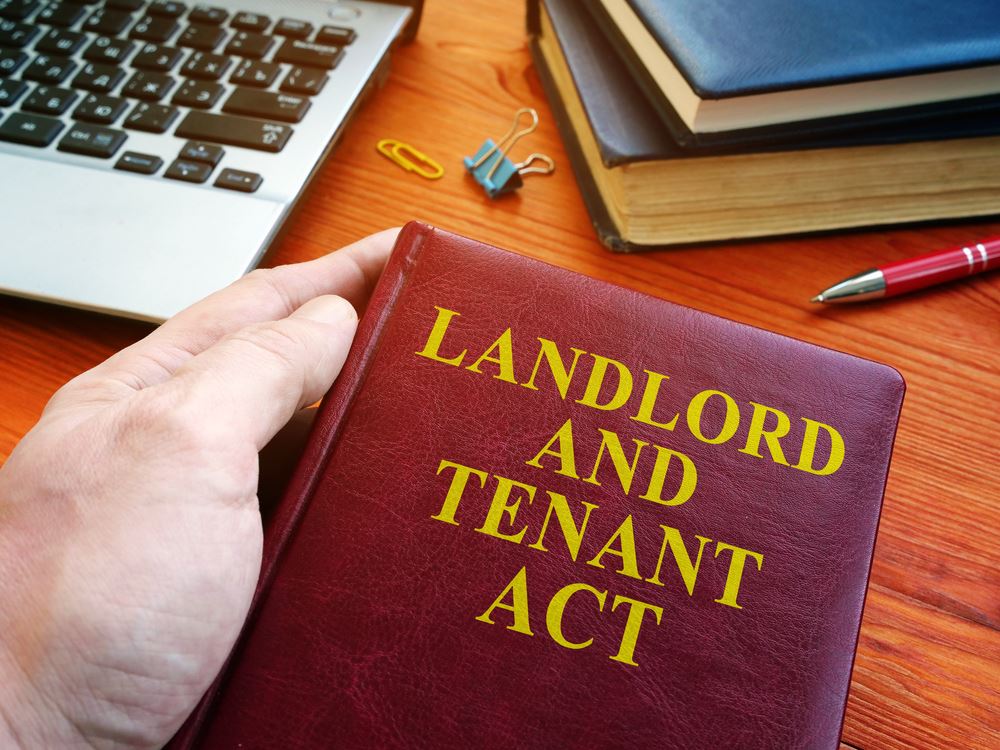In Virginia, blanket eviction moratoriums for non-payment of rent, under state and federal law, have expired. In anticipation of a large volume of eviction proceedings, known as unlawful detainers, the state legislature has, however, amended certain provisions of the Virginia Residential Landlord and Tenant Act (the “VRLTA”) to clarify the rights and responsibilities of landlords and tenants in the current climate. Related blog posts can be found here, here, and here.
First, and perhaps most noteworthy, §55.1-1245 of the VRLTA now requires a landlord to provide 14 days’ notice of nonpayment to a tenant, as opposed to the previously required 5 days’ notice, before filing an unlawful detainer. For landlords who own more than four rental dwelling units, or an interest in the same, the VRLTA now imposes additional requirements. These larger-scale landlords must “also offer the tenant a payment plan under which the tenant shall be required to pay the total amount due and owed in equal monthly installments over a period of the lesser of six months or the time remaining under the rental agreement.”
Second, landlords who own four or more rental dwelling units, or an interest in the same, may not take any “adverse action,” as defined by federal law “against an applicant for tenancy based solely on payment history or an eviction for nonpayment of rent that occurred during the period beginning on March 12, 2020, and ending 30 days after the expiration or revocation of any state of emergency declared by the Governor related to the COVID-19 pandemic.” In other words, it appears as though larger-scale landlords cannot deny rental applications solely based upon payment issues during the state of emergency, which, according to the Governor’s website, ended on June 30, 2021.
Real Estate Attorney: If you’re looking for an experienced Virginia landlord-tenant attorney, contact Keithley Law, PLLC today by calling (703) 865-7710 and schedule an initial consultation in our Fairfax law office. We have decades of legal real estate experience.
Legal Disclaimer: The information provided on “Keithleylaw.com” is strictly for educational purposes and to provide you with general educational information about Virginia laws. Since state laws are subject to change, please schedule an appointment with our office to further discuss your personal situation. This public information is neither intended to, nor will, create an attorney-client relationship. This website may be considered AN ADVERTISEMENT or Advertising Material under the Rules of Professional Conduct governing lawyers in Virginia. This web site is designed for general information only. The information presented at this site should not be construed to be formal legal advice nor the formation of a lawyer/client relationship. This website may not comply with other state ethics’ rules governing attorney advertising.


